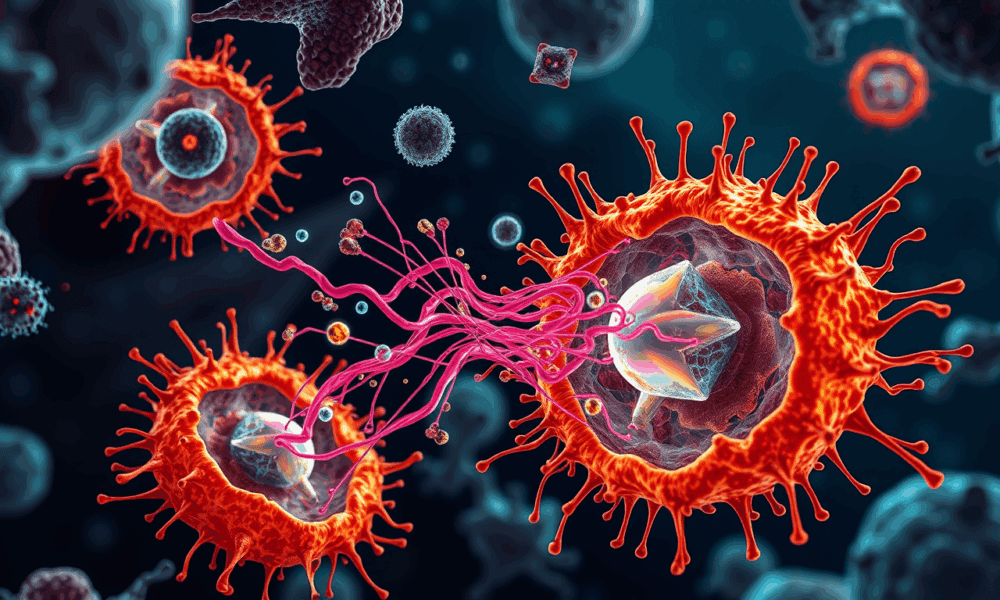


Scientists have uncovered a surprising new healing mechanism in injured cells called cathartocytosis, in which cells "vomit" out their internal machinery to revert more quickly to...



Scientists have discovered that flossing between your teeth could one day help vaccinate you. By targeting a uniquely permeable gum tissue called the junctional epithelium, this...
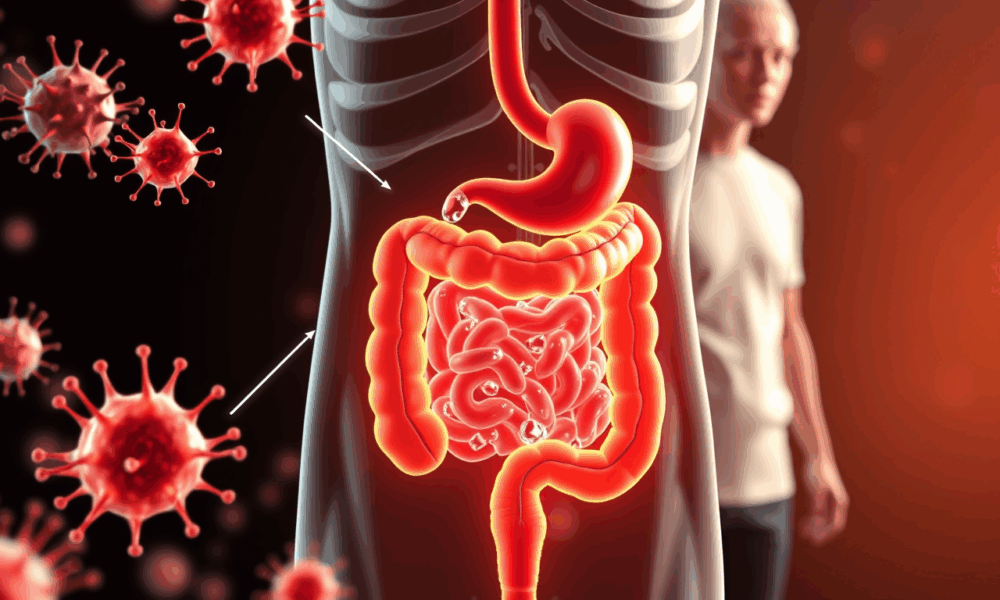
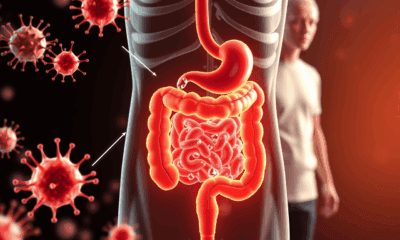

A mysterious gut hormone may be behind many cases of chronic diarrhea, especially in people with undiagnosed bile acid malabsorption, a condition often mistaken for irritable...



Zebrafish can regenerate sensory hair cells that humans permanently lose, like those in the inner ear linked to hearing and balance. New research reveals two specific...



A popular fat found in olive oil may not be as innocent as it seems. Scientists discovered that oleic acid, a major component of many high-fat...



New research reveals a surprising downside to calorie-cutting diets: a link to higher levels of depressive symptoms, especially in men and those who are overweight. Despite...
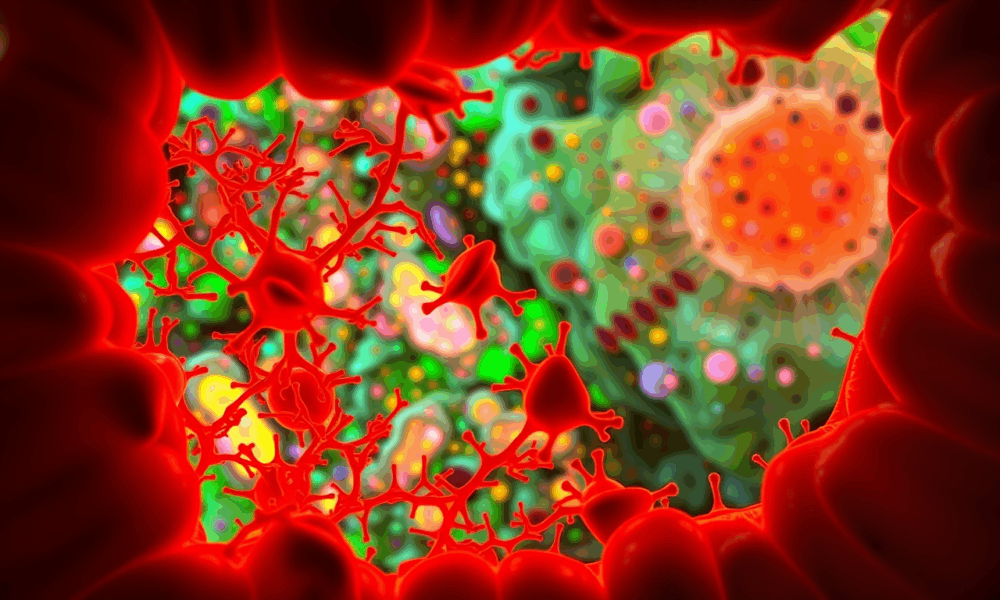
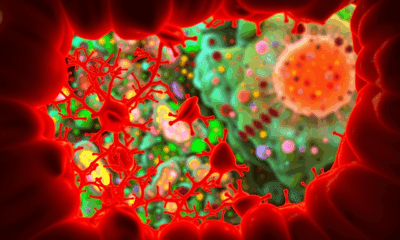

Chronic inflammatory bowel disease is challenging to treat and carries a risk of complications, including the development of bowel cancer. Young people are particularly affected: when...
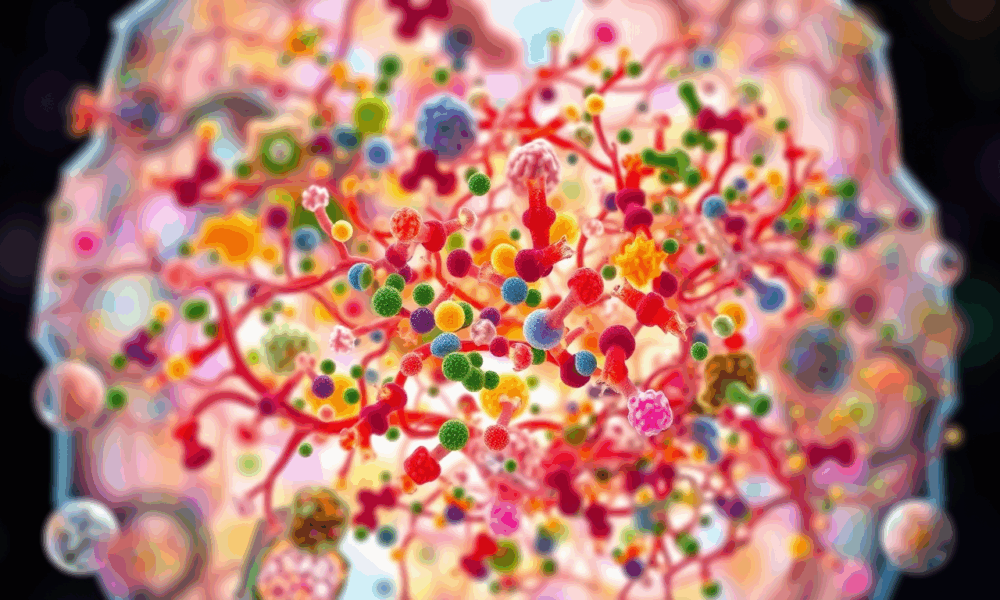
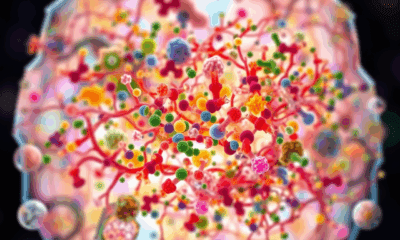

'Biomarkers' may help to improve detection and treatment of gastrointestinal diseases such as gastric cancer, colorectal cancer, and inflammatory bowel disease.
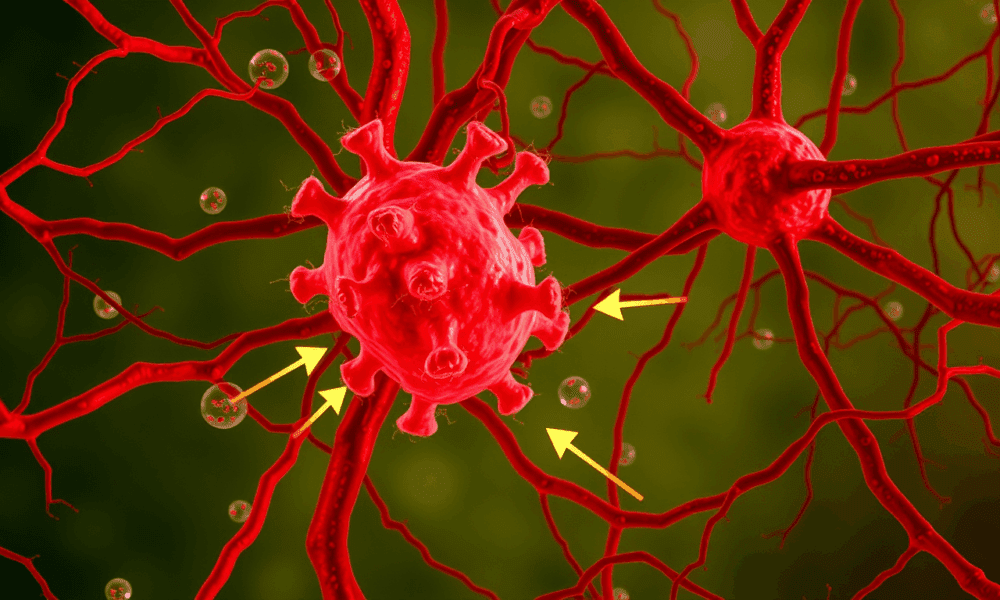
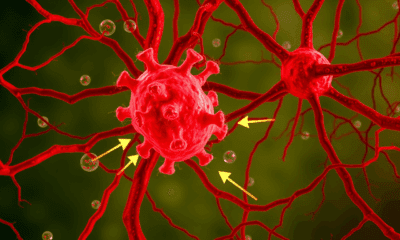

The aging of the innermost cell layer of blood vessels leads to cardiovascular diseases. Researchers have now shown for the first time that intestinal bacteria and...
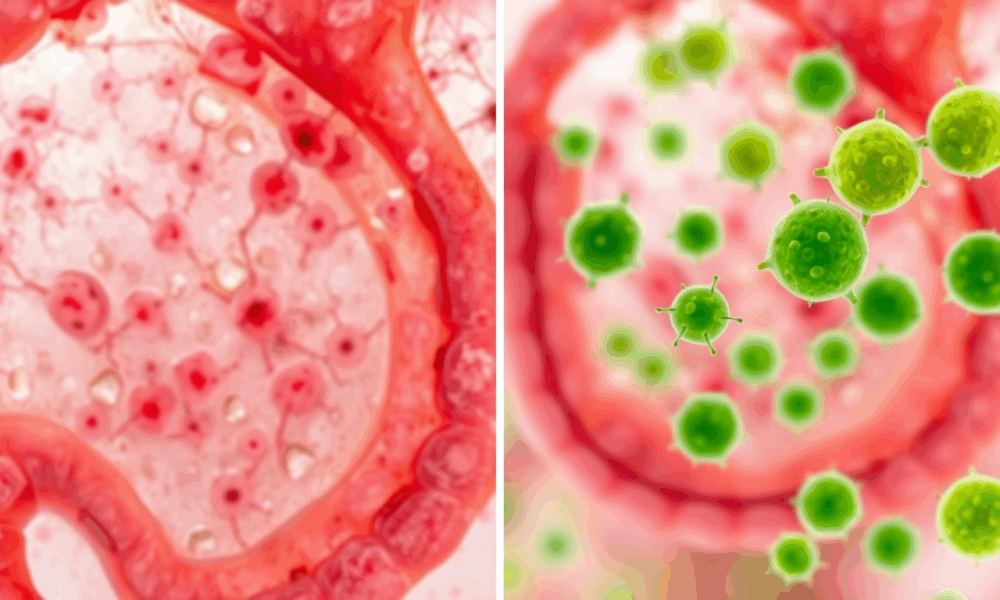
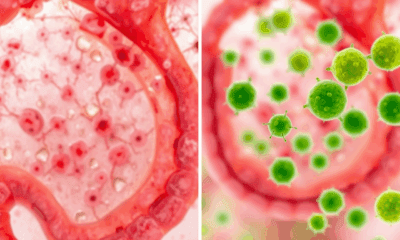

A study has become the first in the world to unravel the immediate effects of a high-fat diet on our gut health.